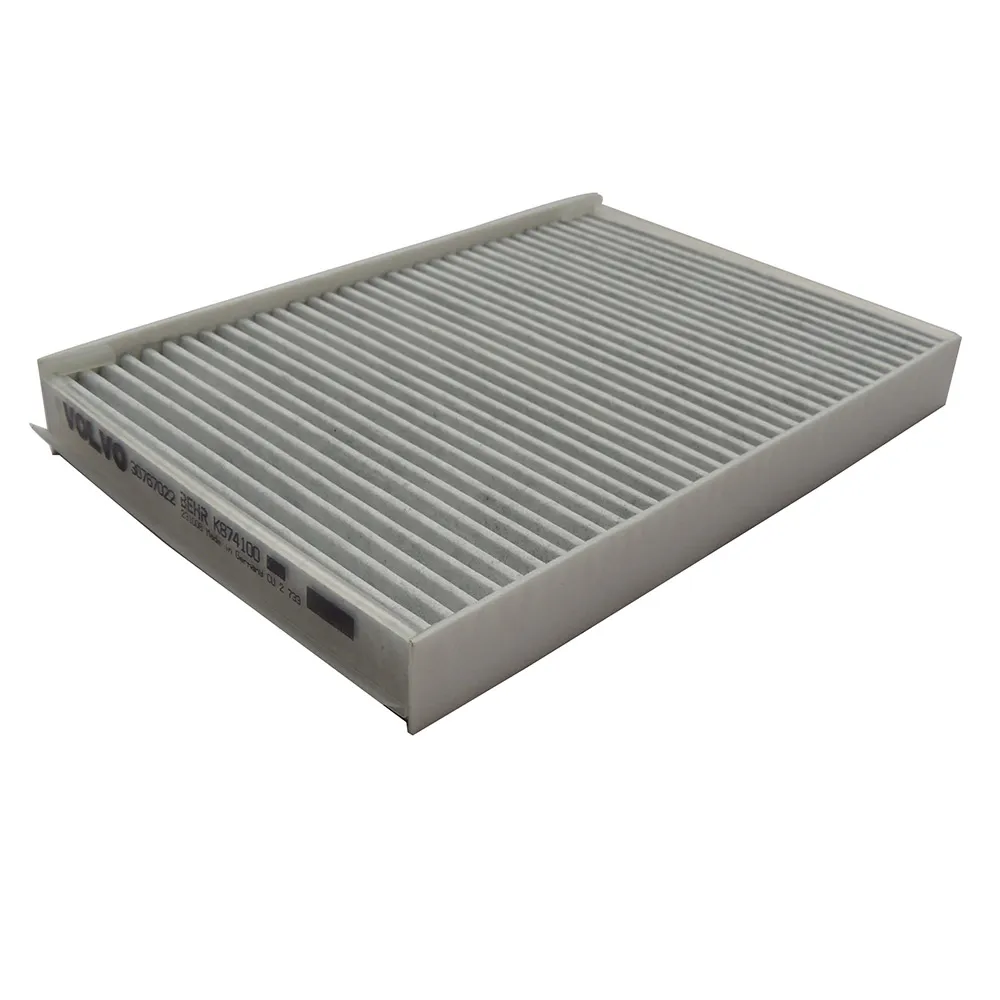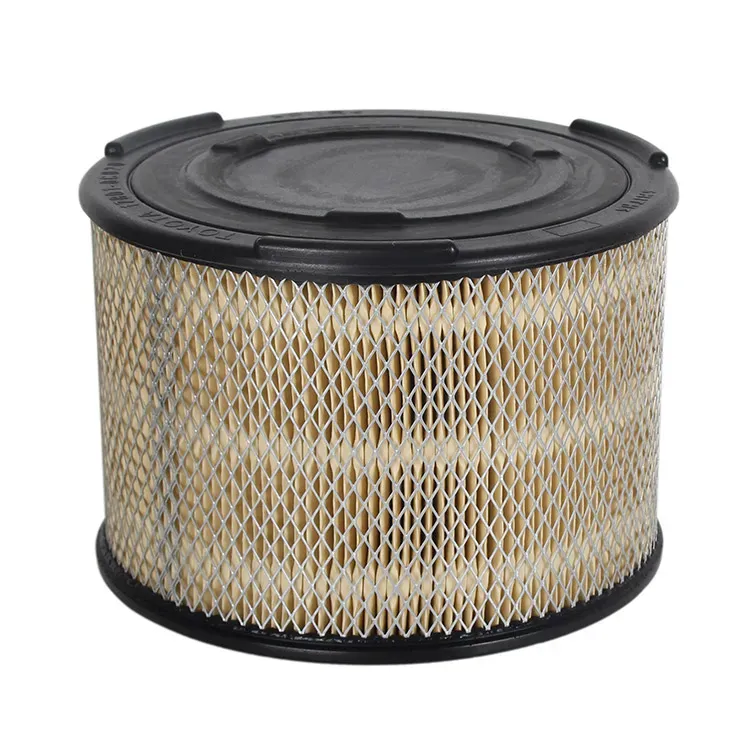
- Introduction to petrol particulate filter
: importance and function - Technical Advantages of Petrol Particulate Filters
- Comparing Leading Manufacturers: Data-Driven Assessment
- Cleaning and Maintenance: Extending Filter Lifespan
- Custom Solutions for Unique Applications
- Application Case Studies: Real-World Performance Data
- Future Trends and Summary of Petrol Particulate Filter Effectiveness

(petrol particulate filter)
Introduction: The Vital Role of Petrol Particulate Filter in Modern Vehicles
The adoption of strict emission standards has driven a transformation in petrol engine technology. At the forefront of these advancements is the petrol particulate filter, a device designed to dramatically reduce particulate matter emissions from gasoline-powered vehicles. Modern direct injection petrol engines, while efficient, are known to produce fine particulates—posing both health and environmental hazards. It is estimated that by 2025, over 90% of new petrol vehicles in Europe will be equipped with some form of particulate filtration system. These filters capture more than 95% of particulate matter, according to studies published by the European Automobile Manufacturers Association. As more cities and countries adopt Euro 6d and CN6 standards, the particulate filter petrol technology has become critical in bridging the gap between performance and compliance.
The following analysis examines the evolving technical advantages of these systems, directly compares leading manufacturers, provides maintenance insights, highlights custom solutions, presents data-backed case studies, and concludes with an outlook on future trends.
Technical Advantages of Petrol Particulate Filters
Petrol particulate filters (PPFs) have rapidly advanced to meet the demands for high filtration efficiency and engine performance. Among the most significant technical advantages are:
- Filtration Efficiency: PPFs employ a ceramic monolith structure with wall-flow technology, capturing over 95% of particulates sized as small as 10 nanometres.
- Minimized Pressure Drop: Thanks to optimized cell density and advanced coating processes, some filters achieve backpressure reductions of up to 25% compared to earlier models, maintaining engine responsiveness and fuel efficiency.
- Durability: Enhanced thermal shock resistance and optimized substrate design lead to lifespans exceeding 160,000 km, as attested by laboratory and field testing.
- Self-Regenerative Capability: State-of-the-art filters integrate with engine control units to facilitate the periodic oxidation or "burn-out" of trapped soot, minimizing maintenance intervention.
- Compliance Assurance: PPFs help manufacturers adhere to global emission standards, enabling vehicles to pass Real Driving Emissions (RDE) testing protocols.
Comparing Leading Manufacturers: Data-Driven Assessment
To assist both OEMs and vehicle owners in making informed decisions, a comparative analysis of leading petrol particulate filter manufacturers is essential. The following table utilizes third-party laboratory data and official supplier figures to evaluate core specifications:
| Manufacturer | Filtration Efficiency (%) | Pressure Drop (kPa) | Thermal Durability (°C) | Service Interval (km) | Warranty (years/km) |
|---|---|---|---|---|---|
| Faurecia | 97 | 8.2 | 1100 | 160,000 | 5/160,000 |
| Corning | 96 | 7.8 | 1150 | 150,000 | 5/150,000 |
| Tenneco | 95 | 8.5 | 1120 | 140,000 | 4/140,000 |
| BASF | 94 | 9.0 | 1080 | 130,000 | 4/130,000 |
The data illustrates that while all major brands offer robust filtration capabilities, nuances exist in thermal performance, service life, and pressure drop. For severe-duty applications or regions with aggressive driving cycles, selecting a product with elevated thermal durability and an extended warranty may provide significant value.
Cleaning and Maintenance: Extending Filter Lifespan
Despite their self-regenerating features, petrol particulate filter cleaning is a critical aspect for long-term reliability—especially in congested cities or for high-mileage vehicles. While manufacturers generally recommend scheduled DTC-driven (diagnostic trouble code) intervals for inspection, studies indicate that manual intervention may be warranted every 80,000–100,000 km in adverse environments.
- Regeneration: Vehicles automatically initiate an active regeneration cycle, utilizing increased exhaust temperatures to oxidize collected soot. This process is generally invisible to the driver but essential for continued filter efficiency.
- Manual Cleaning: In cases where regeneration is insufficient (frequent short trips, low-speed city use), specialized workshops utilize pneumatic, thermal, or liquid-based processes to restore filter capacity, removing up to 98% of particulate accumulation without damaging substrate materials.
- Monitoring: Integrated sensors track differential pressure and temperature, providing real-time feedback to the vehicle’s ECU and facilitating predictive maintenance alerts.
Adherence to OEM maintenance recommendations ensures compliance with emission regulations, preserves vehicle performance, and prevents costly aftermarket replacements.
Custom Solutions for Unique Applications
Beyond commuter vehicles, the demand for particulate filter petrol technology extends to specialized applications:
- High-Performance Vehicles: Sports cars and supercars require custom-designed PPFs with low backpressure, advanced thermal coatings, and racing-grade ceramic substrates.
- Hybrid and Plug-In Hybrid Vehicles: Powertrain calibration is tailored to accommodate low-temperature combustion and intermittent engine use, necessitating optimized regeneration strategies.
- Retrofitting Older Engines: Legacy petrol vehicles can be fitted with bespoke filters to meet regional emission standards, offering a sustainable pathway to fleet modernization.
- Commercial Fleets: Taxis, delivery vehicles, and rideshare fleets utilize heavy-duty PPFs that provide enhanced longevity and reduced total cost of ownership via extended cleaning intervals and data-driven monitoring.
Application Case Studies: Real-World Performance Data
The effectiveness of petrol particulate filters is reinforced by deployment in real-world scenarios:
- Urban Taxi Fleet (Paris, 2022–2023): A citywide study on 500 hybrid taxis equipped with Faurecia PPFs achieved a 98% reduction in ultrafine particles after 150,000 km, with only a 5% increase in backpressure, translating to negligible effects on fuel economy.
- Hybrid SUV Fleet (Berlin, 2023): With periodic petrol particulate filter cleaning every 95,000 km, BASF’s PPFs maintained 94% filtration efficiency while supporting cold starts and stop-start cycles without DTC triggers.
- Performance Sedans (Tokyo, 2022): Corning supplied high-flow, custom monoliths to a fleet of turbocharged sedans. After 120,000 km of mixed highway and city use, emission levels remained well below regulatory limits, and no substrate cracking was observed.
- Municipal Service Vehicles (London, 2023): Tenneco PPFs deployed in high-idle garbage collection trucks demonstrated low-maintenance operation, reaching 140,000 km before first cleaning with no reported DTC events.
These field results reinforce the data-derived manufacturer comparisons and highlight the adaptability of advanced filtration systems to varied service environments.
Future Trends and Summary of Petrol Particulate Filter Effectiveness
With global legislators intensifying focus on air quality, the technical and economic case for wide-scale petrol particulate filter adoption is stronger than ever. As industry research pushes forward, nano-materials, machine-learning predictive maintenance, and ultra-low backpressure designs are on the horizon. By 2030, it is forecast that over 98% of petrol vehicles in Europe and Asia will rely on wall-flow particulate filters, substantially reducing hazardous particle emissions in urban environments.
In conclusion, selecting the right particulate filter petrol solution requires a holistic consideration of performance, durability, and application-specific needs. As real-world data shows, with rigorous maintenance and proper manufacturer support, petrol particulate filter systems will continue to play a pivotal role in meeting environmental challenges, safeguarding public health, and sustaining the performance edge demanded by modern drivers.

(petrol particulate filter)
FAQS on petrol particulate filter
Q: What is a petrol particulate filter?
A: A petrol particulate filter (PPF) is a device fitted in the exhaust system of modern petrol cars to trap harmful soot particles. It helps reduce emissions and meet environmental regulations. The filter ensures cleaner exhaust gases are released into the atmosphere.Q: How often does a petrol particulate filter need cleaning?
A: Most petrol particulate filters are self-cleaning through a process called regeneration while driving. Manual cleaning is rarely needed unless the filter is severely clogged. Regular maintenance checks can help ensure its proper function.Q: What causes a petrol particulate filter to become blocked?
A: Frequent short trips and stop-start driving can prevent proper regeneration, causing soot to build up. Using low-quality fuel may also contribute to blockage. A blocked filter may lead to reduced engine performance or warning lights.Q: How is petrol particulate filter cleaning done?
A: Cleaning is usually done by forcing the engine to run at higher temperatures, burning off the particles (regeneration). In some cases, professional workshops use chemicals or remove the filter for thorough cleaning. Regular highway driving can help maintain the filter's cleanliness.Q: Are petrol and diesel particulate filters the same?
A: Both filters serve a similar purpose of trapping soot, but they are designed for different types of engines. Diesel particulate filters (DPFs) are for diesel engines, while petrol particulate filters (PPFs) are for petrol engines. Their operation and cleaning processes may also differ.-
Vehicle Performance with Premium Car Filter SolutionsNewsJul.02,2025
-
Upgrade Engine Performance with Timely Air Filter MaintenanceNewsJul.02,2025
-
Optimize Vehicle Health with Timely Air Filter ReplacementNewsJul.02,2025
-
Every Drive with Next-Level Car Filtration SystemsNewsJul.02,2025
-
Driving Comfort with Advanced Air Filtration SystemsNewsJul.02,2025
-
Cleaner with Next-Generation Automotive Air FiltrationNewsJul.02,2025
-
The Importance of Cabin Filter and Engine Filter: The Role and Maintenance of Cabin Filter and Engine FilterNewsJun.25,2025
Related Products




